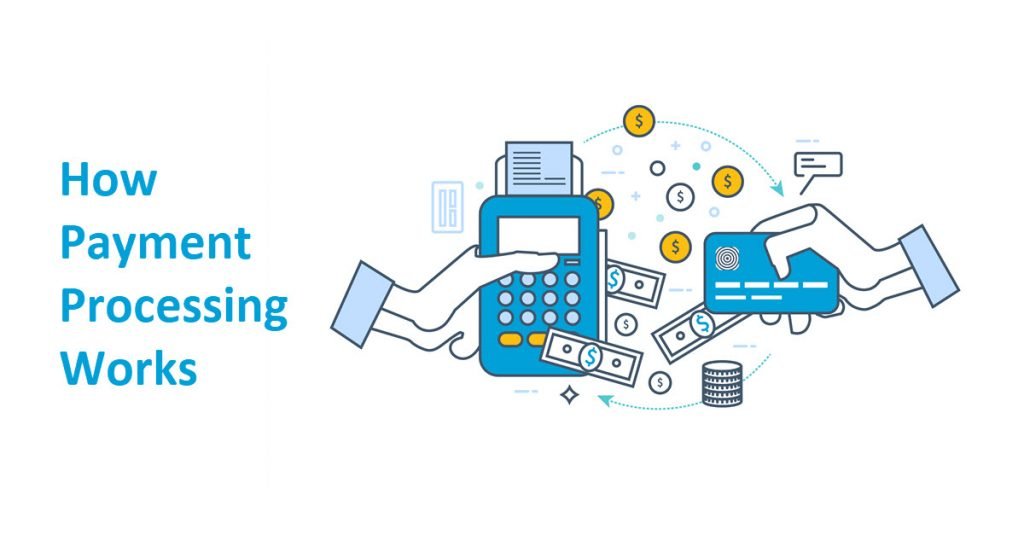Business owners and managers are often the most tech-savvy customers. That is understandable, as they need to evaluate several products and services required to keep the business running in smooth and effective operations. As a business owner or manager, one of the payment methods you can use to pay for products and services is credit card. You can make payment when the store accepts credit card as the payment method. To own a credit card, you need to find a credit card processing firm. The credit card processors are important partners for you, much more important than the merchant processing service. So, choosing a good credit card processing firm will be an important business decision you need to make.
You don’t need to be a professional to shop around using credit cards, but you will be a better consumer if you know how credit card processing works. It doesn’t stop there. You also need to know the type of merchant payment processing firm for your business. It varies depending on your business, and there are various payment processing firms that provide dedicated service for food, logistics, and other types of payment. You can also find medical marijuana merchant processing payment services on the market. Let’s see more about it.
What is Payment Processor?
Payment processors act as the intermediaries between businesses and financial institutions, allowing both e-commerce and traditional businesses to accept different payment methods. At the basic level, payment processors will evaluate the transaction’s validity in real-time by contacting their customer’s issuing bank. Businesses will need to pay to use the payment processor. However, this small investment will allow them to accept various payment methods, which can help them increase their overall revenue, since they can accommodate more customers with the various payment methods they offer.
For businesses, it is important for them to have a deal with the payment processor before they can integrate the payment process with their POS systems. Businesses might choose the different payment processing and POS system, but there are also services that offer the all-in-one payment processing solution that integrates both the payment process and the POS system in one service. Such one-stop shops—called the payment service providers—will help businesses to keep their payment data in one place, which will save their time, minimize any errors, and reduce their operational costs.
How Does Payment Gateway Work?
Payment gateways are the software or servers that transmit the transaction information to the issuing banks. They will get the response for each transaction, such as when the transaction gets approved or declined. Payment gateways facilitate the communication within the bank networks.
Security and fraud management are very important component of any payment gateway you choose, as sensitive data like credit card numbers have to get protected from fraudulent activities. Even card associations have made a set of certain rules and security standards that should get followed by anybody with access to credit card information, including payment gateways. We know such rules and security standards as PCI-DSS.
Submitting any order gets completed by using an HTTPS protocol that communicates private information through various parties involved in the transaction. The payment gateways will charge people who use it for every transaction they make.
Most eCommerce merchants make use of the payment service providers to gain access to the payment gateways and use their payment methods. Payment service provider, in such case, can make this gateway functionality accessible for their merchants and customers.
The Payment Processor’s Fees
Payment processors are essential for businesses wanting to accept various payment methods from their customers. However, they don’t come as a free service, as there are costs businesses need to pay to use them. There are fees businesses need to pay for every party connected to each transaction. The overall payment processing fees might get quite complicated, as the overall fees will get derived from different rates and fees from different services. Here are some common payment processor fees you need to know:
- Flat fees, which will cover the cost per month for the use of the payment processor.
The payment processor will collect transaction fees on a per-transaction basis made up of three components, which are processor markup fee, assessment fee, and interchange rate. All three components will ensure that the payment processor, receiving bank, issuing bank, as well as credit card network get a certain portion of this fee.
- Incidental fees, which will occur on a case-by-case basis, such as when the card account has got insufficient funds.
It’s worth to note that the payment processors often provide different pricing models. The tiered models are often the expensive ones—the breakdown of price isn’t transparent and there will be some additional fees involved. Transparent pricing structures include the interchange-plus model that itemizes fees in the monthly statement or the flat-rate model that charges merchants the flat fee per month and also the flat transaction fee.
Now, let’s look at the settlement and funding:
- The payment processor passes the transaction details to credit card associations, which communicate the transaction debits with an issuing bank in the network.
- Merchants send various batches of the valid transactions to the payment processor.
- The issuing bank charges the cardholder’s account as per the transaction amount.


